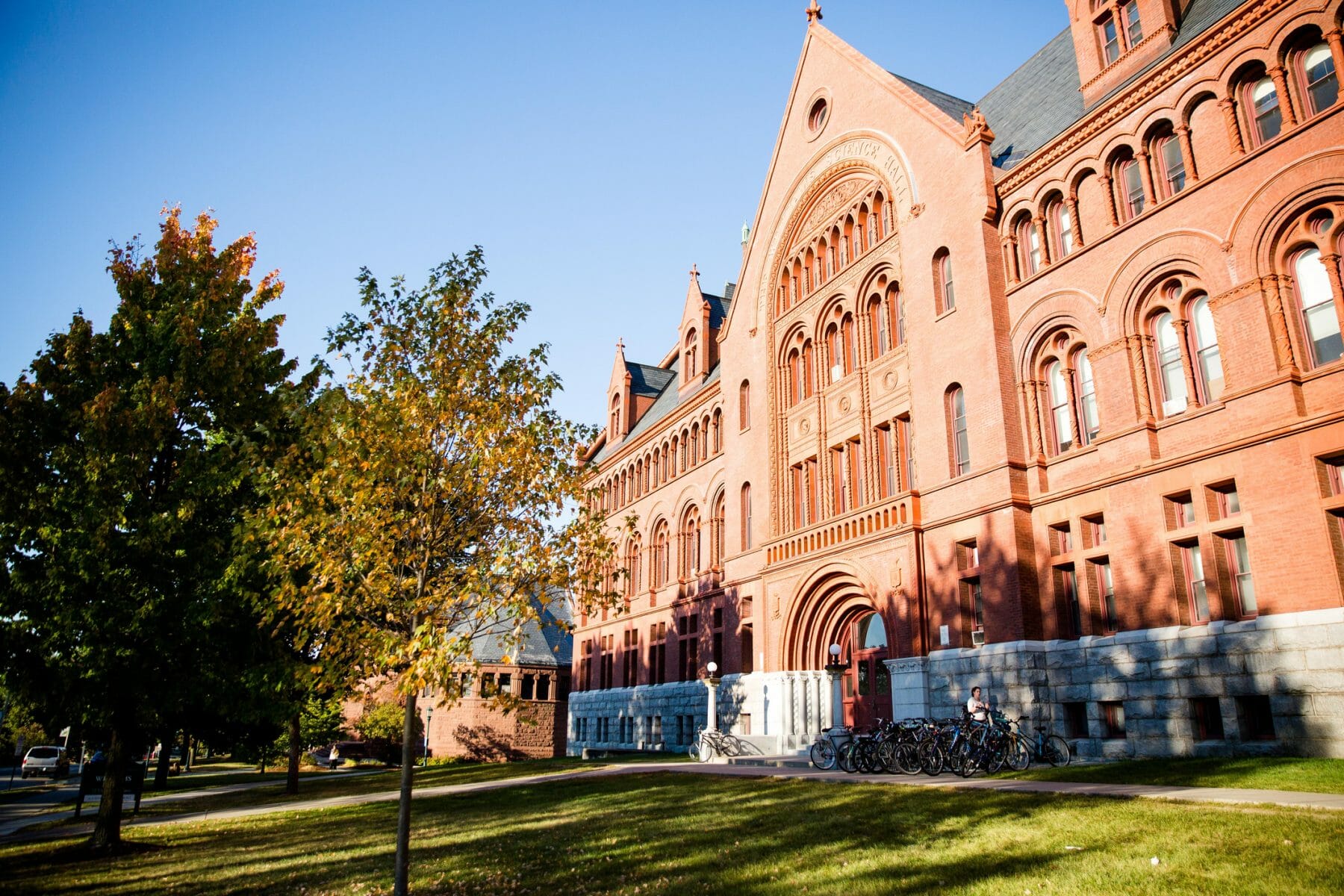New Lawsuit Claims 40 Private Universities Overcharged Students

A new lawsuit has emerged, claiming that 40 private universities across the United States have overcharged students for tuition and fees, sparking a wave of concern among students, parents, and educational professionals. The lawsuit, filed by former students and a national consumer protection group, alleges that these universities engaged in deceptive practices by inflating their fees and tuition costs while failing to deliver the level of education and services promised. This case is expected to have significant implications for higher education institutions, particularly private universities, which are already under scrutiny for rising tuition rates.
The Allegations Against Private Universities
The lawsuit accuses private universities of charging excessive tuition and fees, often far beyond the actual cost of education and services provided. The plaintiffs argue that many of these universities advertised themselves as offering top-tier academic programs, but in reality, students received subpar education, particularly in online courses and remote learning environments. They also claim that universities concealed the true cost of their education through hidden fees, making it difficult for students and families to fully understand the financial burden they would face. As a result, students were left with significant debt while not receiving the promised quality of education or amenities.
The Impact on Students and Families
If the lawsuit is successful, it could have profound financial implications for students who have already graduated and those currently enrolled at the affected institutions. Many students are already burdened with student loan debt, and being overcharged for tuition would only add to their financial struggles. For families who have invested significant savings into sending their children to these private universities, the prospect of a refund or compensation could be a step toward recouping some of those funds.
Moreover, this case has the potential to reshape how private universities set their tuition rates and fees. As tuition continues to rise across the board, the lawsuit may push for more transparency in how universities calculate costs and deliver the services they promise.
How the Lawsuit Could Change the Landscape of Higher Education
The outcome of this case could set a precedent for how tuition rates are regulated in the future. If the court rules in favor of the plaintiffs, it could prompt a larger movement toward accountability and transparency in higher education. Universities may be forced to re-evaluate their pricing structures, especially if they’re found guilty of overcharging students for services they didn’t receive.
In addition, the lawsuit shines a light on the broader issue of rising college tuition costs, which have been a point of contention for years. Many students and families feel that the price of higher education has become unsustainable, with tuition increasing much faster than inflation or wage growth. A successful lawsuit could provide a significant step toward reforming the cost of education and reducing the financial burden on students.
What Students and Parents Should Know
Students and parents considering private universities should be aware of the risks involved, especially when it comes to understanding the full costs of attendance. It's essential to carefully review the tuition fees, room and board, and any additional charges or hidden fees that may not be immediately apparent. This lawsuit serves as a cautionary tale for anyone planning to invest in a private education, emphasizing the importance of thorough research and financial planning.
If you are a current or former student of one of the affected universities, it may be worth looking into your options for joining the lawsuit or seeking compensation. Legal experts suggest that students who believe they were overcharged should gather relevant documents, such as tuition bills, course syllabi, and communications with their university, in order to build their case.
Conclusion
The lawsuit claiming that 40 private universities overcharged students is a wake-up call for the higher education system, especially regarding the transparency of tuition fees and the quality of education provided. With rising costs and increasing student debt, this case could serve as an important turning point in how universities operate financially. It also highlights the need for greater consumer protection in higher education, ensuring that students and families are not unfairly burdened by unjustified fees. As this case unfolds, it will be crucial to follow its progress to see how it might reshape the future of private universities and the higher education landscape as a whole.
